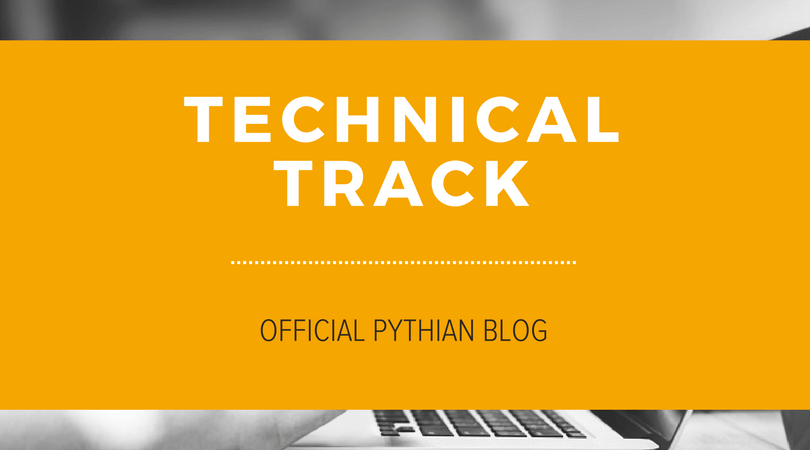- It's cheap to upgrade.
- If you upgrade it, your regular work rig is nicer to use for day to day tasks because it's faster!
- It's highly portable (assuming you have a laptop) - you can easily take your lab on the road with you.
- You may find yourself always running out of disk space.
- If you run enough VMs, using it for anything else (at the same time) can get annoying.
- Your employer may not allow you to upgrade their laptop.
- Your daily rig isn't affected.
- Though the performance gap between desktops and laptops has been rapidly closing, powerful desktop hardware is still cheaper and faster than most laptops.
- Depending on what you buy, desktops are often louder than laptops.
- Unless you set up a VPN, you will lose access to your lab if you go on a 2 week business trip.
- More hardware = more management.
- I'ts more expensive than upgrading your laptop.
- It's free and I'm
cheaperr frugal. - It allows you to tune the size of your VMs (Ram, Network cards, Processors, etc.).
- It's cross platform, it works on Windows, Macs, Linux, etc., and I love playing with operating systems
On this page
Share this
Share this
More resources
Learn more about Pythian by reading the following blogs and articles.
Oracle standard edition has no multi-core licensing restrictions
![]()
Oracle standard edition has no multi-core licensing restrictions
Nov 12, 2007 12:00:00 AM
1
min read
Enabling large pages on Oracle Database 11g running on IBM AIX
![]()
Enabling large pages on Oracle Database 11g running on IBM AIX
Apr 4, 2016 12:00:00 AM
3
min read
Customizing pt-stalk to capture the diagnostics data you really need


Customizing pt-stalk to capture the diagnostics data you really need
Feb 7, 2017 12:00:00 AM
4
min read
Ready to unlock value from your data?
With Pythian, you can accomplish your data transformation goals and more.
